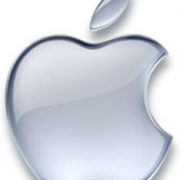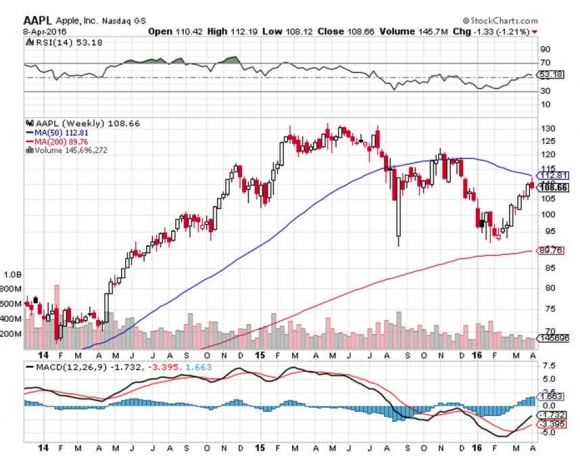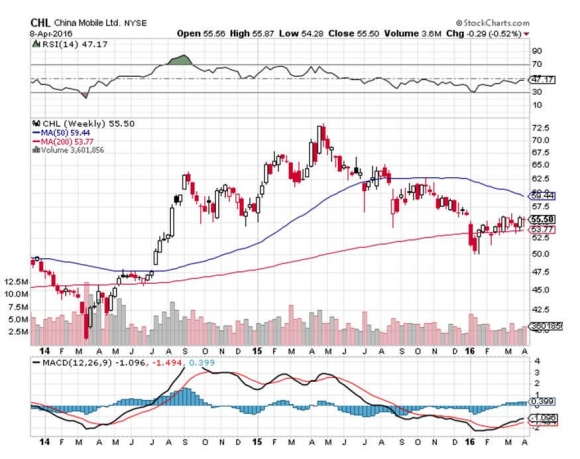What To Do About Apple
It is the world?s largest company.
It is the planet?s most widely owned stock.
Of the 200 million Americans who possess financial assets, probably all of them own Apple (AAPL), either directly through a trading account, or indirectly though an ETF (it is a massive 11.67% of the PowerShares QQQ), public or private pension fund.
So to say that traders are on pins and needles ahead of the upcoming quarterly earnings report would be an understatement.
A year ago, Apple issued one of the most perfect reports in the history of capitalism.
It blew away even the most optimistic forecasts, announcing earnings per share of $2.33, versus a consensus expectation of $2.16, and $1.75 last quarter.
The firm earned $13.6 billion in profits on $58 billion in gross profits, the largest quarterly profit in world history.
The company sold a staggering 61.2 million iPhones during the three-month period, 4 million more than expected. Insignificant iPad sales dropped from 13.9 to 12.6 million units. MacBooks were in line at 4.6 million units.
No mention was made whatsoever of problems with a strong dollar.? The company now sits on an unbelievable $194 billion in cash, the equivalent of the GDP of a medium sized country.
Most importantly, Apple expanded its share buy back program to $200 billion. The big question now is, will Apple buy another company, or a whole country?
Wow!
Since then the stock has been grinding sideways in the most tedious manner imaginable. It was a classic ?Buy the rumor, sell the news? set up.
Which leads many shareholders to ask if, now that the stock is owned by every taxi driver, elevator operator , and shoe shine boy in the country (now I?m showing my age!), are we headed for another 45% selloff, much like the last time the stock peaked out in 2012?
Certainly, the grounds for concern are out there.
There are now no new blockbuster products coming out until we see the iPhone 7 in September 2016.
There are supply chain worries, as the global manufacturing network is now absolutely mammoth.
Some analysts are nervous about quality control, especially regarding new products like the Apple watch, which should sell an eye popping 30 million units this year.
However, I think this time it?s different.
While you weren?t looking, Apple has turned into a China play. No, they aren?t suddenly eating dim sum with chopsticks at corporate headquarters in Cupertino.
The Middle Kingdom, in short order, has become the firm?s largest grower of its earnings. This is a good thing. Last year saw an 80% growth of sales there. China is expected to become the largest market for Apple products this year.
What?s more, the ballistic growth there is expected to continue. Walk down the street in Shanghai these days, and you are amazed by how many people are speaking or texting into their iPhones, real and fake ones alike.
In fact, they have become the primary means through which people access the Internet there.
No doubt, this is due to Apple?s special relationship there with China Mobile (CHL), which now offers iPhone owners a great deal for their cell phone service. Did I mention that (CHL) has a staggering 750 million customers?
The iWatch is now viewed as the gateway for the sales of as many as 1.2 million future third party developed apps, the number iTunes offers now.
Apple Pay looks to replace Visa and Master Card at some point in the future. Apple TV is still lurking out there in the background.
We?ll learn more about all of this at the next developers conference in San Francisco in June.
All of this leads me to believe that there is far more fundamental support in terms of new products and business lines for the company than we saw during the last cycle.
There is also more distance in the rear view mirror since the passing of Steve Jobs. Successor Tim Cook has since proved himself as a world-class leader.
It turned out the timing for the company to transition from a founder-tyrant to a cutting edge administrator-manager was perfect. You don?t need to hold your breath anymore.
At least the stock market thinks so.
Therefore, I expect to see a $1 trillion market capitalization for Apple sometime in 2018, well up from today?s $602 billion. I think that means you need to use the current dip to load up on the stock.









